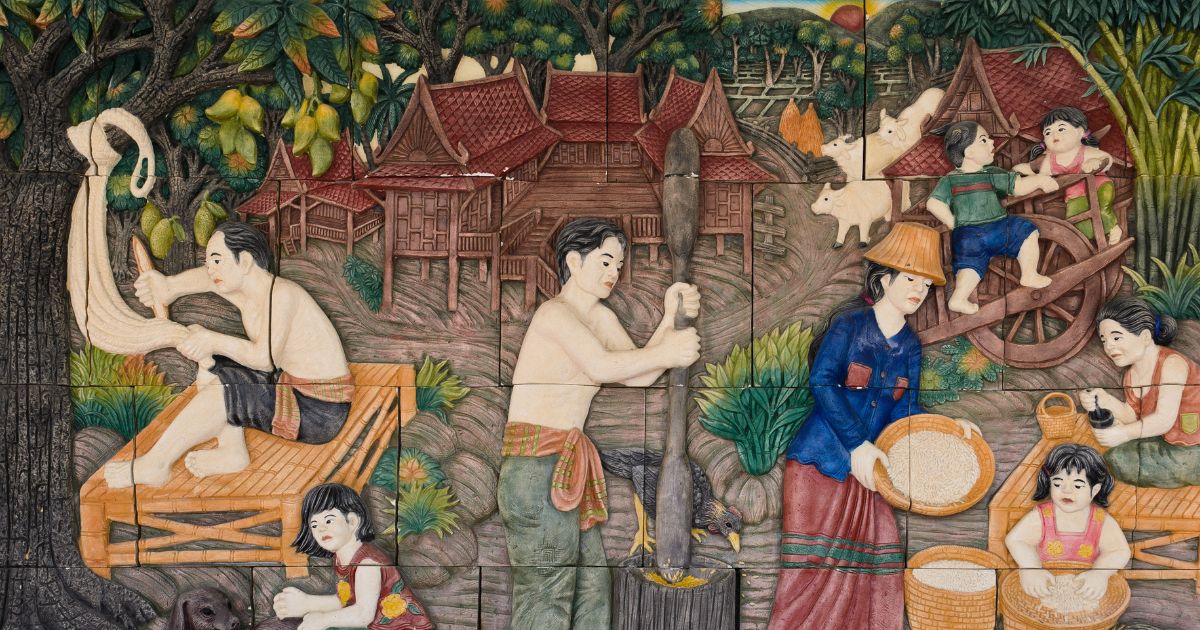Traveling to a new country is exciting — new sights, new food, new experiences. But there’s one thing that can make or break your trip: understanding local etiquette. What might seem perfectly normal in your culture could be considered rude elsewhere. A little awareness goes a long way in making sure you show respect, avoid awkward moments, and truly connect with locals.
Here’s a country-by-country guide to cultural dos and don’ts around the world.
1. Japan – Respect and Subtlety Rule
Japan is known for its politeness and attention to detail. But visitors often underestimate just how important these values are in daily life.
Do:
- Bow slightly when greeting someone. It’s a sign of respect.
- Take off your shoes before entering a home, certain traditional restaurants, or temples.
- Receive and offer business cards with both hands.
Don’t:
- Stick chopsticks upright in a bowl of rice — it resembles a funeral ritual.
- Talk loudly on public transport.
- Point at people or objects with your finger; use an open hand instead.
2. France – Mind Your Manners and Words
In France, manners and language are part of the country’s identity.
Do:
- Greet shopkeepers with a polite “Bonjour” or “Bonsoir” before asking for anything.
- Learn a few French phrases; effort is appreciated even if your pronunciation isn’t perfect.
- Dress neatly — casual doesn’t mean sloppy here.
Don’t:
- Start conversations in English without first asking if the person speaks it.
- Rush through meals — dining is an experience, not a task.
- Shout across the street; keep your tone moderate.
3. India – A Land of Traditions and Gestures
India’s diversity means etiquette can vary from region to region, but certain customs apply widely.
Do:
- Use your right hand for eating, giving, or receiving — the left is considered unclean.
- Dress modestly, especially at religious sites.
- Remove your shoes before entering temples and some homes.
Don’t:
- Touch someone’s head — it’s considered sacred in many traditions.
- Publicly display affection, especially in rural areas.
- Point your feet at people or religious objects.
4. Italy – Passion with Politeness
Italians are warm and expressive, but they value certain social rules.
Do:
- Greet with a handshake or cheek kisses (two, starting with the left cheek) if you know the person well.
- Respect meal times — lunch is typically 12:30–2:30 pm, dinner starts around 8 pm.
- Compliment the food; Italians take pride in their cuisine.
Don’t:
- Order a cappuccino after 11 am — locals see it as a breakfast drink.
- Wear beachwear away from the beach.
- Ask for ketchup in a traditional Italian restaurant.
5. Middle East – Hospitality with Respect
Customs in Middle Eastern countries often stem from Islamic traditions, and respecting them is key.
Do:
- Dress modestly, covering shoulders and knees, especially in conservative countries.
- Accept tea or coffee when offered — it’s a sign of hospitality.
- Use your right hand when giving or receiving anything.
Don’t:
- Show the soles of your feet to someone.
- Eat, drink, or smoke in public during Ramadan (daytime).
- Engage in loud public disputes.
6. Thailand – The Land of Smiles and Respect
Thailand’s Buddhist traditions influence many social norms.
Do:
- Offer a polite “wai” (hands pressed together, slight bow) when greeting.
- Dress respectfully when visiting temples; cover shoulders and knees.
- Remove your shoes before entering homes or certain shops.
Don’t:
- Touch someone’s head — it’s sacred.
- Point your feet toward people or religious statues.
- Lose your temper publicly; staying calm is highly valued.
7. Brazil – Warmth with Informality
Brazilians are friendly and relaxed, but there are still social rules to follow.
Do:
- Greet with a firm handshake or cheek kisses, depending on the region.
- Embrace small talk before jumping into business discussions.
- Dress stylishly when going out; appearance matters.
Don’t:
- Be overly punctual for social events — arriving 15–30 minutes late is common.
- Assume everyone speaks Spanish; Portuguese is the national language.
- Refuse food or drink without at least trying it.
8. China – Respect for Hierarchy
China’s etiquette is deeply influenced by Confucian values.
Do:
- Address the eldest or most senior person first in a group.
- Use both hands when giving or receiving something.
- Accept business cards respectfully and study them before putting them away.
Don’t:
- Stick chopsticks upright in food.
- Point at people with your finger.
- Start eating before the host begins.
9. Germany – Precision and Formality
Germany values punctuality and clear communication.
Do:
- Be on time — even a few minutes late can seem disrespectful.
- Use formal greetings unless invited to be informal.
- Keep your hands visible when dining (rest wrists on the table, not elbows).
Don’t:
- Jaywalk, even if the street is empty.
- Call someone by their first name without permission.
- Speak too loudly in public.
10. South Africa – Diversity and Courtesy
With its mix of cultures, South Africa’s etiquette varies, but courtesy is universal.
Do:
- Greet people with a handshake and eye contact.
- Respect personal space, especially with strangers.
- Learn a few words in the local language — it’s a great icebreaker.
Don’t:
- Assume all regions are the same culturally.
- Ignore safety advice from locals.
- Interrupt when someone is speaking.
Why Cultural Etiquette Matters
Knowing what to do — and what not to do — isn’t just about avoiding embarrassment. It shows you value the country you’re visiting and the people who call it home. It can open doors, spark friendships, and make your travels far more rewarding.
Before you pack your bags, take a little time to learn about the customs of your destination. A simple greeting in the local language, a respectful gesture, or avoiding a cultural faux pas can mean the difference between being seen as just another tourist and being welcomed as a thoughtful guest.
After all, travel isn’t just about seeing new places — it’s about connecting with people, and respect is the first step toward making that connection.



